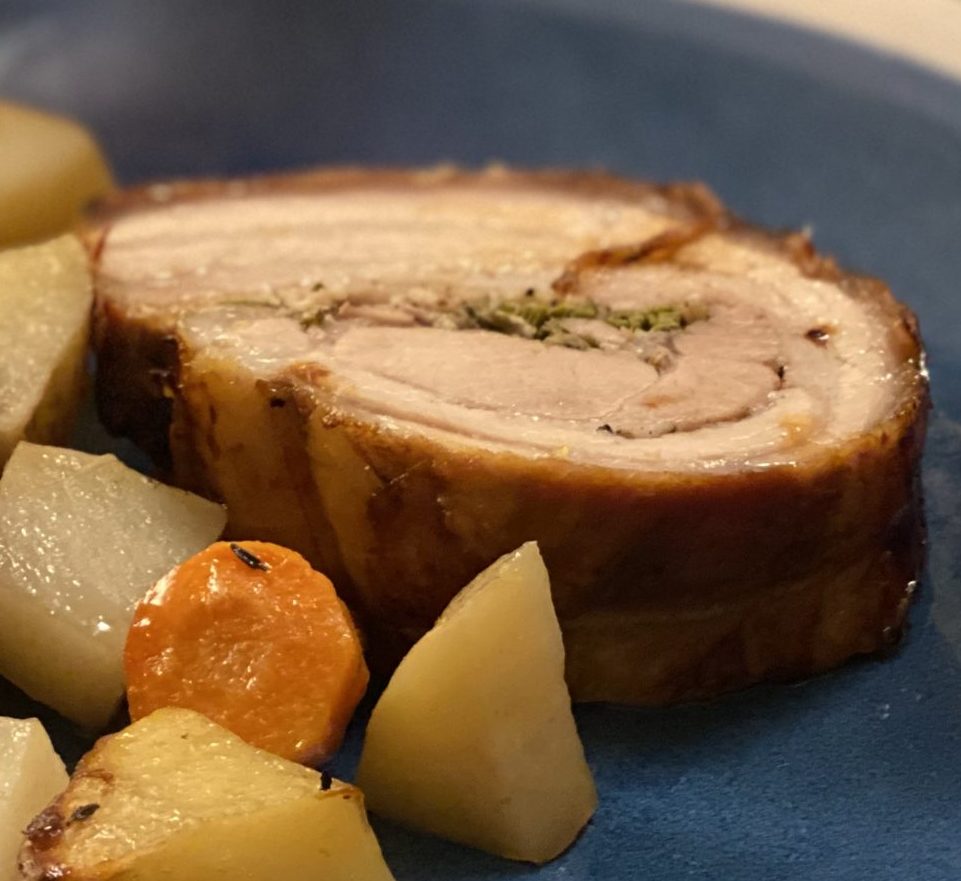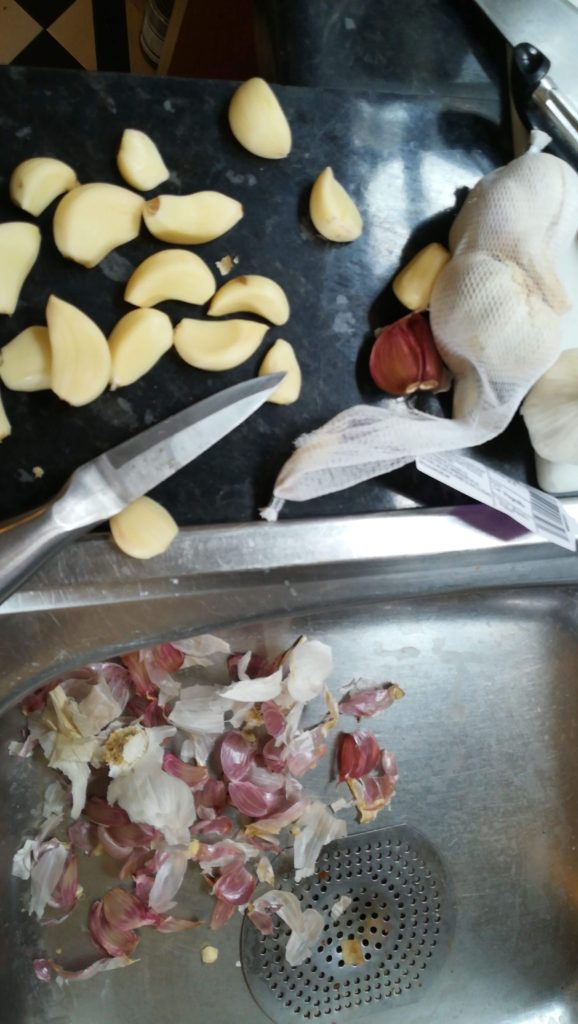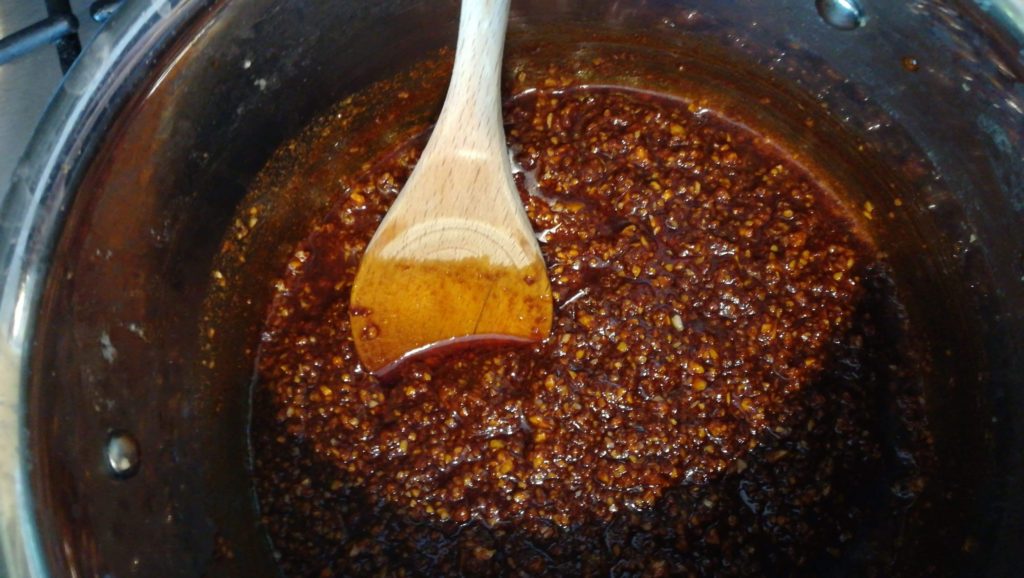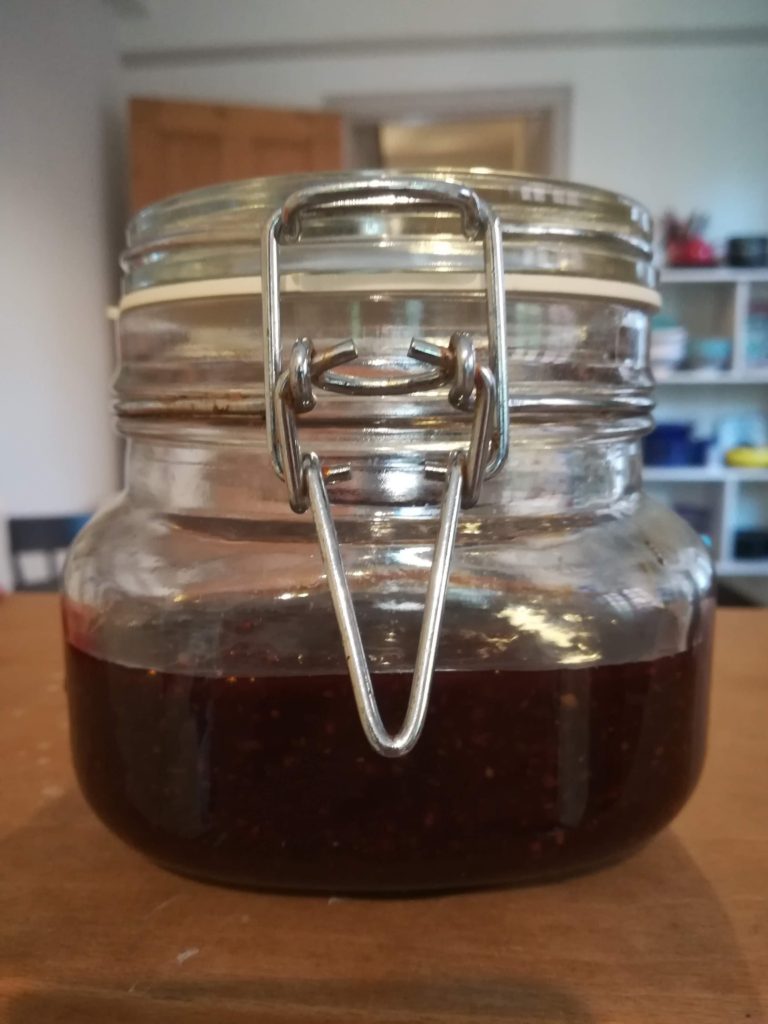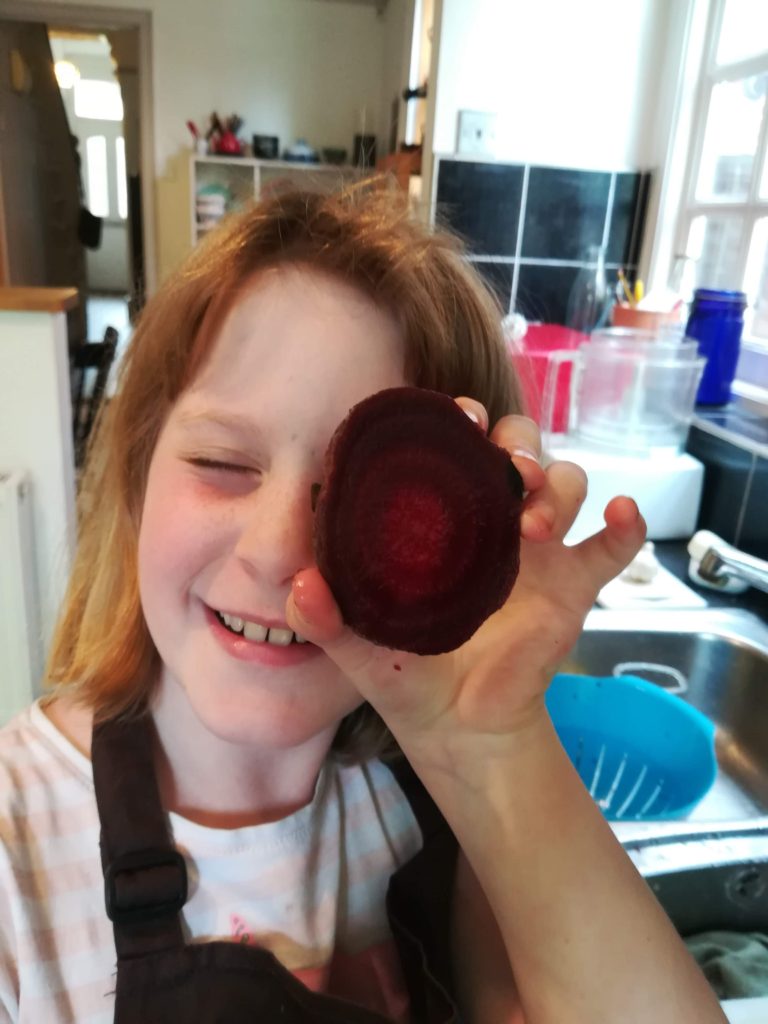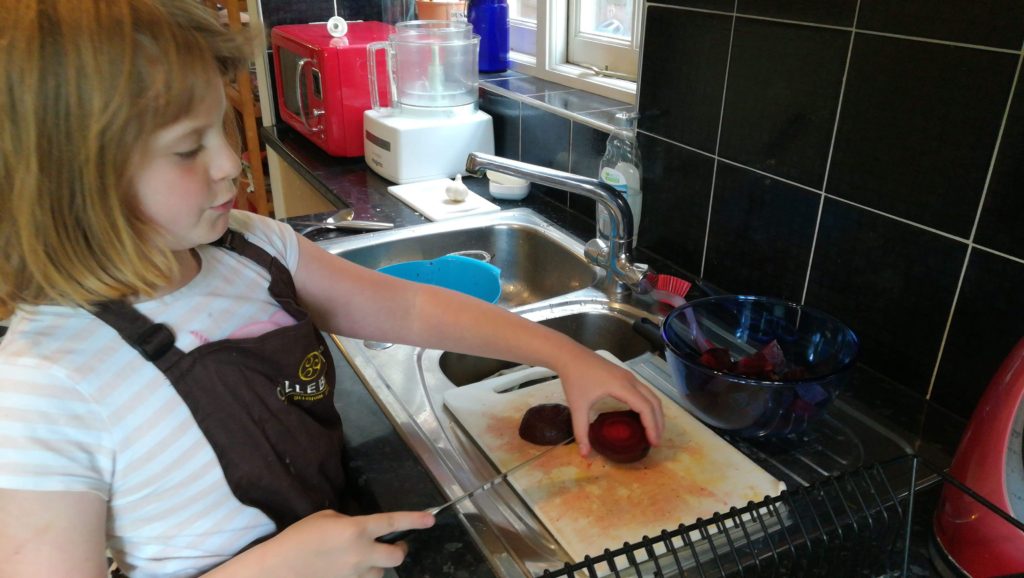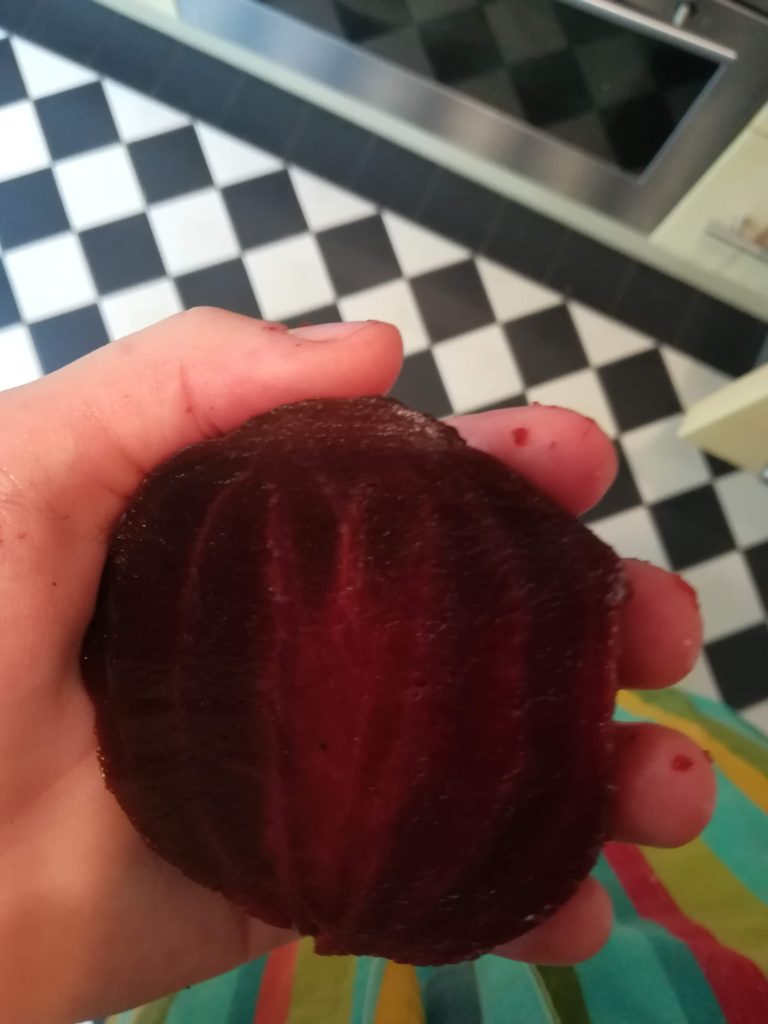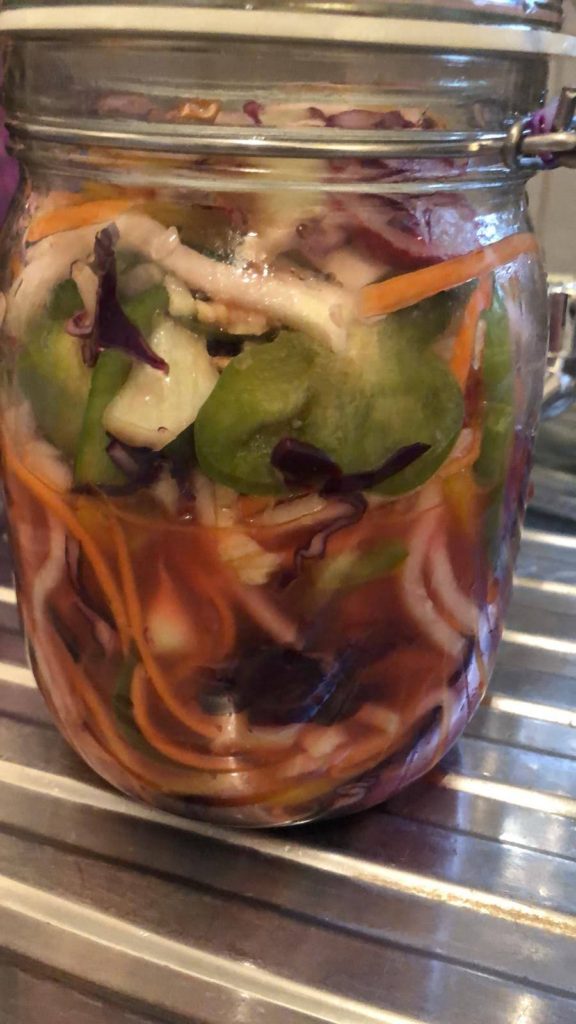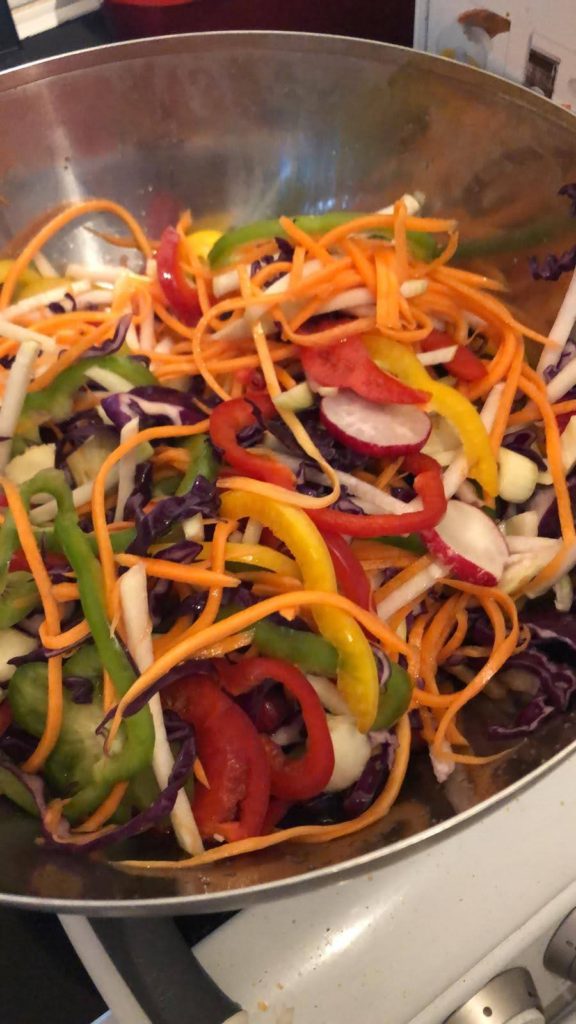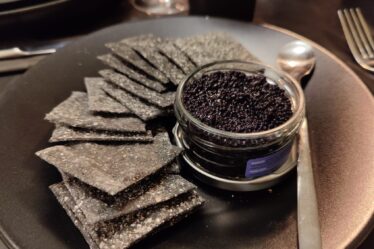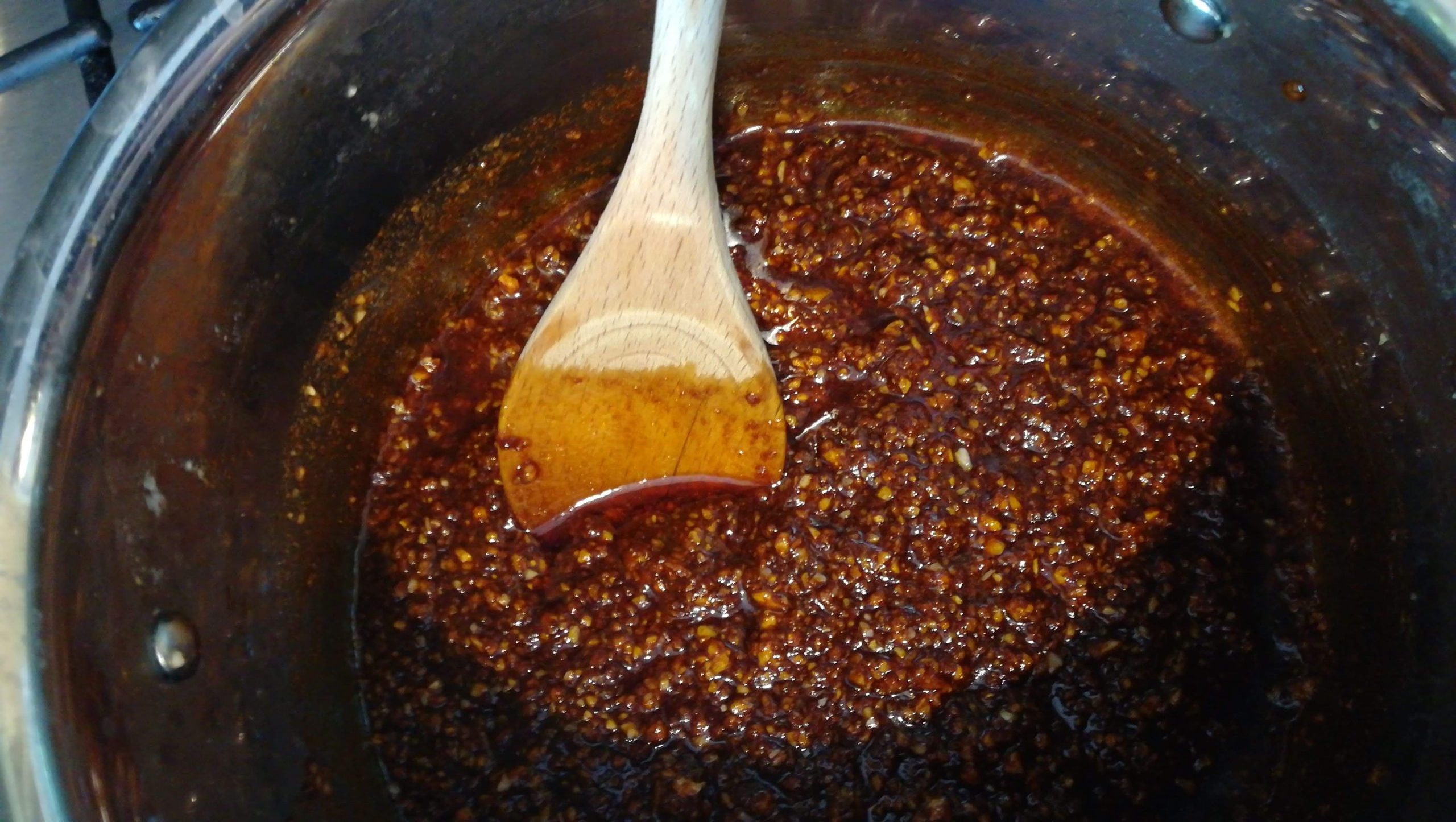
L: Libya: 27.7.20 – Me again!
For my L Dinner I decided to stay in Africa, but move north into the Magreb, to Libya.
I’d remembered having an amazing fish cutlet dish in a spicy sauce at Ruthie’s home – a recipe I believe she got from her Tripolitean mother-in-law .
Tripoli used to have a large Jewish community. Now, following the great emigration of the 1950’-60′, Israel has a large Tripolitean community. The music I chose to acompany or dinner also belongs to this community: The Libyans, from Israel…
A Hebrew Language web search led me to an Israeli online food magazine called HaShulhan (‘The Table’) which offered a wealth of well-explained recipes. I confess, I pilfered almost all the recipes I used from there.
Now, however, I’m finding myself having to translate them all for you, dear readers (do we actually have any??). I’ll try to find English language versions of them to save time.
So, to business:
Assembled friends: Idit & Oliver, Dorottya (sans boyfriend, who didn’t cut the mustard), Bernhard, and yours truly.
The menu: Beetroot with PilpelChuma, Potato Chershi, White fish & burnt aubergine cutlets in Chraimeh sauce, Mseyer – Libyan pickled veg salad, and Bocca di Dama – an almond & lemon sponge cake.
As instructed by HaShulhan writers, I started by preparing the PilpelChuma – a chilli & garlic paste. It will be used as the spice-base for all the other savoury dishes here (baring the pickles), and whatever is left goes in a sterilised jar in the fridge, until next time.
I tell you, I have never used so much garlic and chilli in one meal before. Ever. We are now all vampire and virus proof, for a month at least.
Roasted Beetroot in Pilpelchuma: I couldn’t find an English version for this recipe, so here’s my translation:
First wash – but don’t peel – 4/5 beetroots, wrap in tin foil, and bake in a preheated oven (200’c) for about 20 minutes. When they are done, peel them, cut into wedges and place in a bowl.
Add a pinch of ground Cumin (the recipe calls for toasting and grinding the cumin seeds at home – but I used shop-bought), 1 tbs of Pilpelchuma, a tsp of sugar, half tsp of salt, and 15ml of red wine vinegar.
Mix and let it rest for at least 15 minutes. In fact, it’s better a day later, when the flavours have been absorbed.
Now, I couldn’t find raw beets, so used pre-cooked ones, and skipped the baking. Don’t. My dish tured out plain and acidic without the sweet earthiness baking whole would have given the beets. However, I did have a lot of fun working with my lovely assistant!
Potato Chershi: again, no English version. so:
Peel, dice, and cook to al-dente 4 large potatoes.
In a large pan, heat a tablespoonful of Pilpelchuma and a bit of oil; add a cup of water, 2 tbs of tomato paste, 2 tbs of lemon juice, 1/2 tsp of salt, and crushed caraway seeds (1 tsp or less), and bring to a boil.
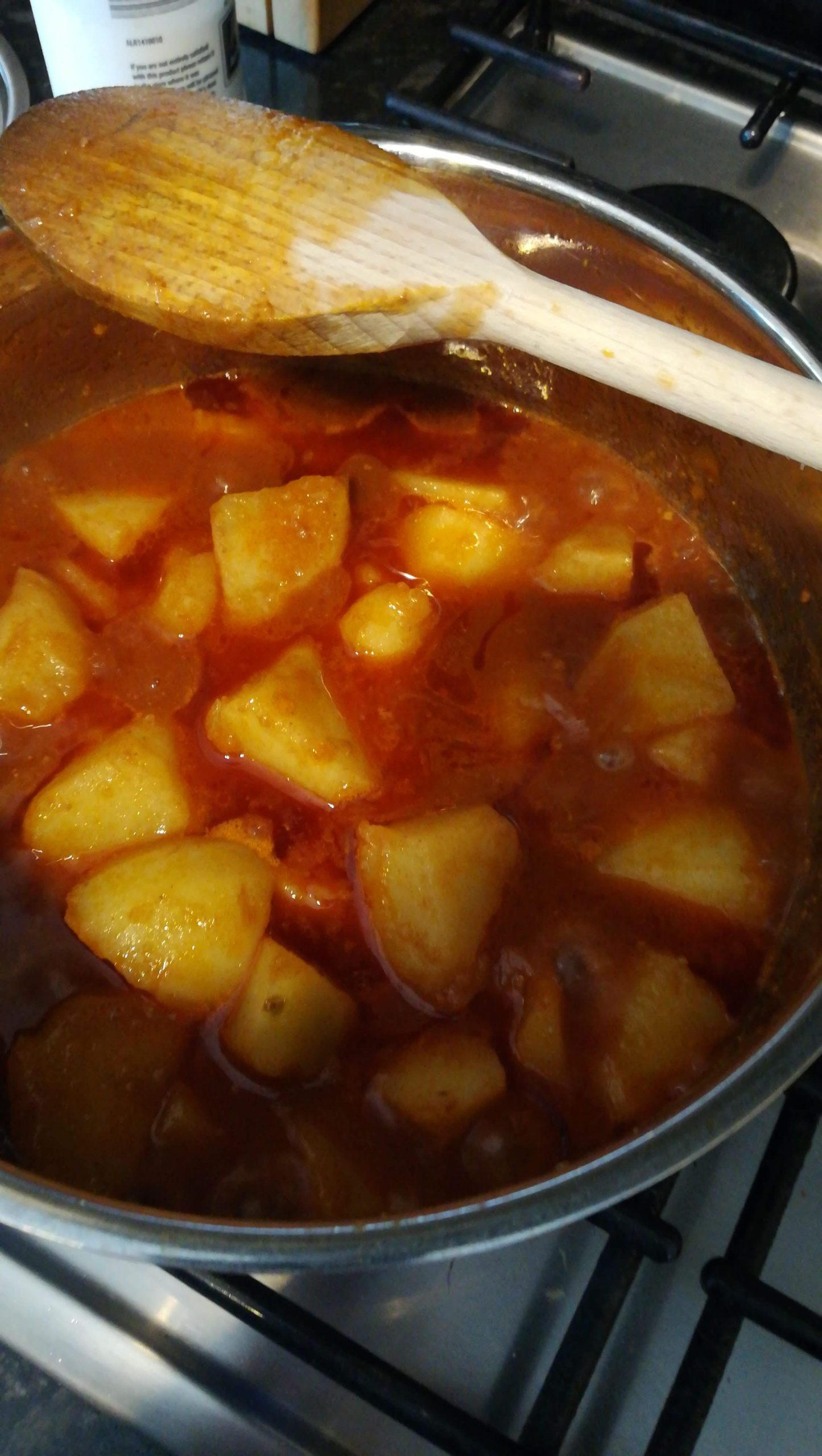 Add the potato cubes, boil, remove from the heat, and let cool to room temp. before serving
Add the potato cubes, boil, remove from the heat, and let cool to room temp. before serving
These side dished were quite quick and easy to make, but the fish & aubergine cutlets are a handful – so I delegated the Mseyer to Idit, who showed up with a beautifuly colourful jar:
And now, for the pièce de résistance: White fish & burnt aubergine cutlets in Chraimeh sauce. This is a long recipe, so I’ll put it in this seperate post. I served it with fresh Pitta bread to scoop up the rich, spicy sauce.
For dessert, I delegated the Bocca di Dama – an almond & lemon sponge cake to Bernhrad, who produced two beauties:
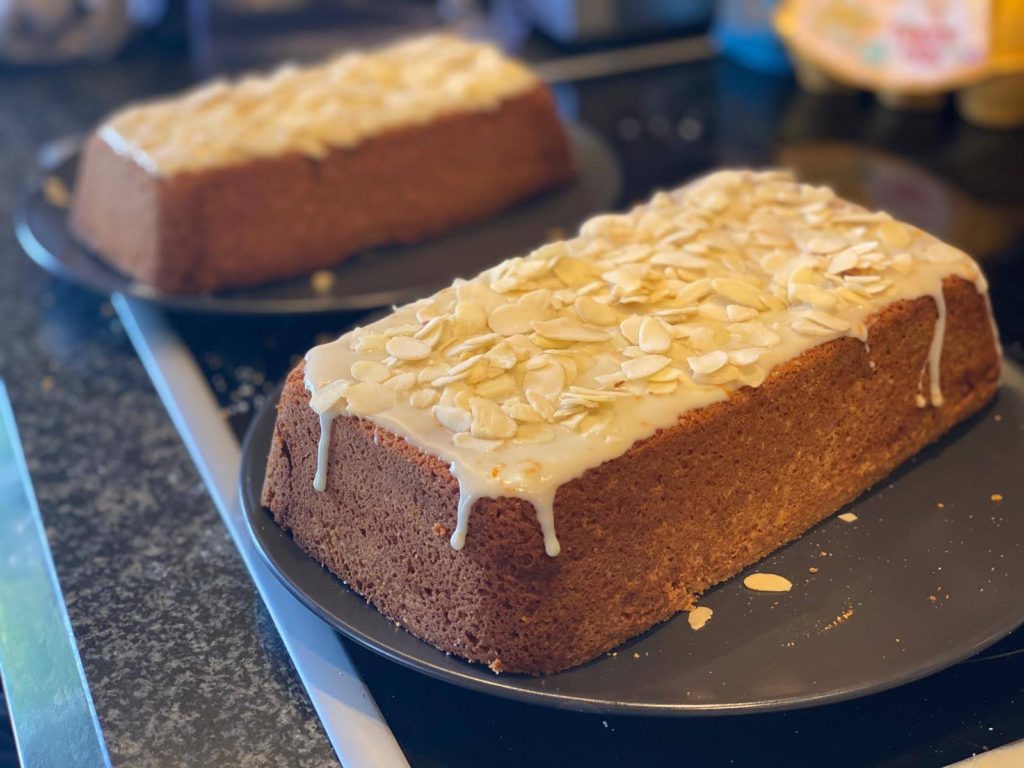
They were light, and perfect with fresh mint tea, after this spice-heavy meal…
